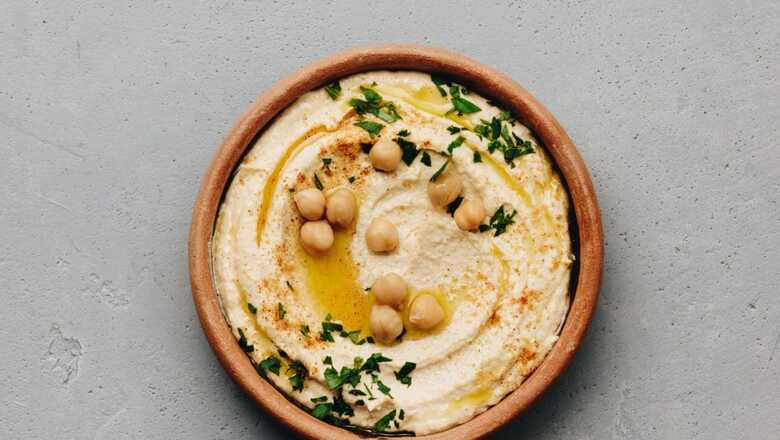
views
The rise in vegan fitness has sparked interest in maintaining a well-balanced plant-based diet for optimal nutrition and energy. Despite the misconception that protein and strength solely come from animal products, a carefully planned vegan diet can also contribute to increased energy levels. However, it is essential to ensure nutritional needs are met while maintaining a balanced diet. If cutting out meat, dairy and eggs has left you puzzled about how to support a healthy lifestyle, here are a few simple tips to boost energy levels and enhance performance on your journey towards plant based fitness.
High Proteins
Prioritize eating lentils, chickpeas, tofu, quinoa, nuts and seeds to meet your protein requirements. Maintaining a balance is key, so use whole grains, fruits and vegetables for constant energy. Additionally, include healthy fats from avocados, nuts and seeds to support overall nutritional needs. If you have specific health conditions, it’s advisable to consult a doctor to determine the most suitable protein sources.
Avoid Carbohydrates
While cutting out meat, it’s common to rely on bread, but too much carbs can lead to weight gain and blood sugar fluctuations. Instead, choose oatmeal, brown rice or quinoa. These options provide energy and essential nutrients, minimizing the risk of health issues.
Include Omega 3
Use flaxseeds, chia seeds, hemp seeds and walnuts in your diet, which offer essential anti-inflammatory properties. These elements play a crucial role in supporting recovery and joint health. Using Omega 3 fatty acids in your meals can provide a range of essential nutrients, promoting a balanced and healthy diet.
Choose Vitamin D Foods
Apart from sun exposure, daily sources of vitamin D can also come from orange juice, cereal or plant-based milks, which can provide adequate energy. This becomes particularly important for individuals following a vegan lifestyle, where natural sources of vitamin D are limited.
Vitamin B12
Due to the absence of vitamin B12 in plant-based foods, consider adding a B12 supplement to your routine. This plays a crucial role in energy production and red blood cell formation. As a vegan, ensuring sufficient intake of B12 is important for maintaining overall health.
Consult The Expert
Initially, adopting a vegan diet can be challenging and it is highly recommended to consult with a registered dietician, who can provide personalised guidance on how to meet all nutritional and health needs while following a vegan lifestyle.




















Comments
0 comment